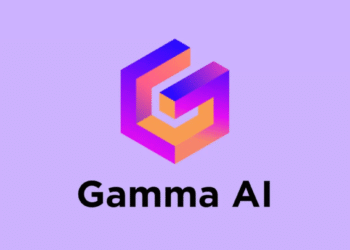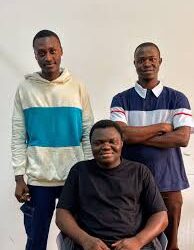The Nigerian government has announced the implementation of a new telecommunication tax that will be part of the sources of funds required to finance free healthcare for the vulnerable groups in Nigeria.
This development is contained in the new National Health Insurance Authority Bill 2021, signed by President Muhammadu Buhari last week. It includes a provision under Section 26 subsection 1c of the act which states that the source of money for the Vulnerable Group Fund includes “telecommunications tax, not less than one kobo per second of GSM calls.”
The Vulnerable Group Fund is money solely used to pay for healthcare services for vulnerable Nigerians, a set of people who cannot afford health insurance. The Vulnerable Group Fund aims to provide finance to subsidize the cost of provision of health care services to these set of Nigerians tagged as “the vulnerable”.
The law defines the vulnerable group in society as Children under five years of age, pregnant women, aged, physically and mentally challenged persons, and disadvantaged people as may be defined from time to time.
Aside from the telecommunications tax, the Vulnerable Group Fund also gets income through other options, which include Basic Health Care Provision Fund to the Authority, health insurance levy, direct allocation from the government, council investments and grants, donations, gifts, and any other voluntary contributions made to the Vulnerable Group Fund.
The act also allows the Health Insurance Authority to, by regulation, review the sources of funding to keep pace with developments in the health insurance industry.
According to a short analysis carried out by TechCabal, it is expected that the tax will generate over 90.5 billion naira annually due to the high volume of calls being made across the country.
The platform also states that the timeline and overall cost of the new tax remain unclear. Still, it hints that there will be an increase in call-tariffs in Nigeria, as it’s unlikely that the telecom companies will absorb the cost.



